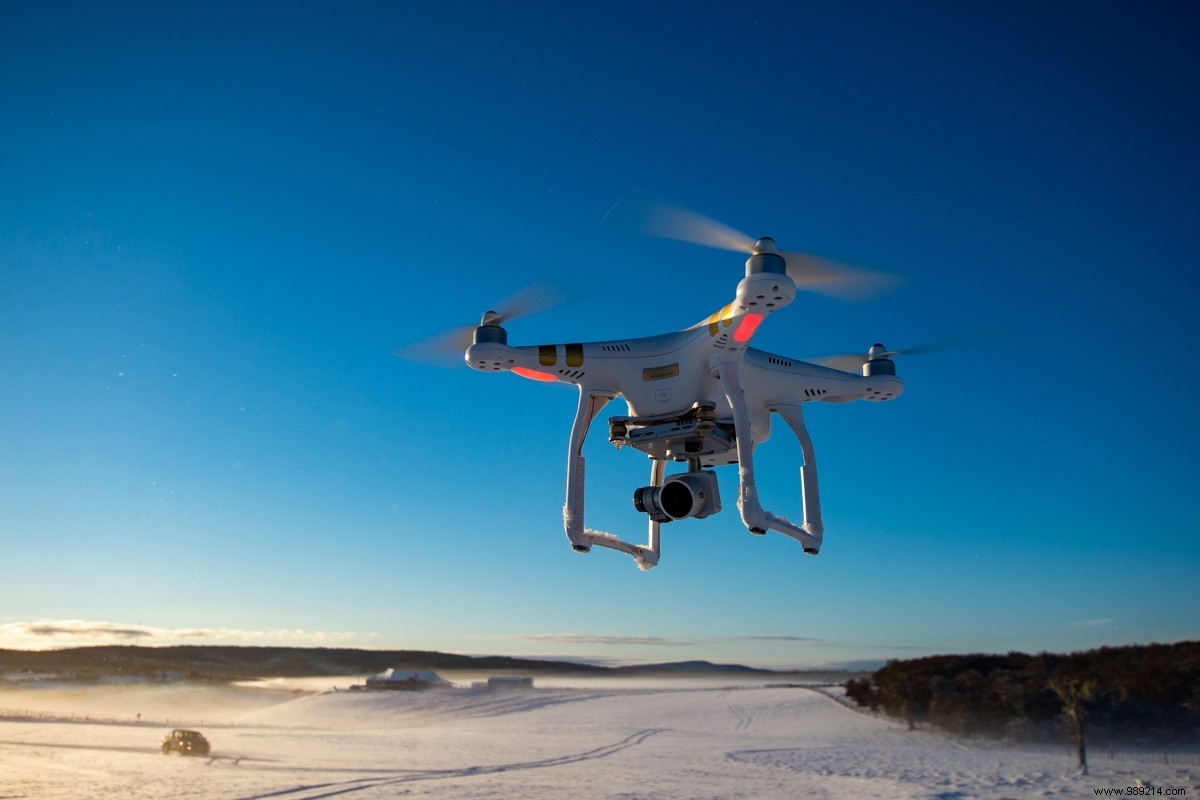A team of international researchers is working on a project combining drones and disease control. There is talk of a new approach consisting of sterilizing mosquitoes before releasing them into the wild through drones. It would be a more effective and faster solution to fight against the spread of certain diseases.
Mosquitoes are vectors for many diseases, including malaria (malaria), dengue fever, chikungunya as well as other fevers and encephalitis. If there are already some solutions to limit the transmission of diseases between mosquitoes and humans , none has solved the problem on a large scale. However, a publication in the journal Science Robotics June 15, 2020 evokes a new approach.
The international team led by Jérémy Bouyer, from the Center for International Cooperation in Agricultural Research for Development (CIRAD), suggests sterilizing male mosquitoes before releasing them into the wild. After that, these insects would continue to live and interact but could not allow the birth of other mosquitoes. Sterilization would be done using radiation before cold storage in a type of cartridge (see photo below). At the end of the process, drones would embark these same cartridges in order to release the mosquitoes in specific areas.

For the scientists involved in the project, this type of mosquito control could help to reduce the risk of transmission drastically. Moreover, this way of proceeding would be more efficient and less time-consuming. By targeting specific areas, it would then be possible to save many lives .
Other approaches aimed at releasing sterile male mosquitoes have already taken place, with varying degrees of success, notably in Australia, Brazil, China and the United States. United. However, the process described in this recent study could give unprecedented results.
In 2017, Aberystwyth University (Wales) had already used drones to fight malaria in Tanzania. The goal? Sabotage the development of mosquito larvae with insecticides to prevent the spread. It should also be remembered that drones have already found other health applications . In 2019, there was talk of transporting equipment to hospitals via drones or even defibrillators in remote areas of Canada. During the confinement, drones were used in particular in Spain and France to remind citizens of the rules.